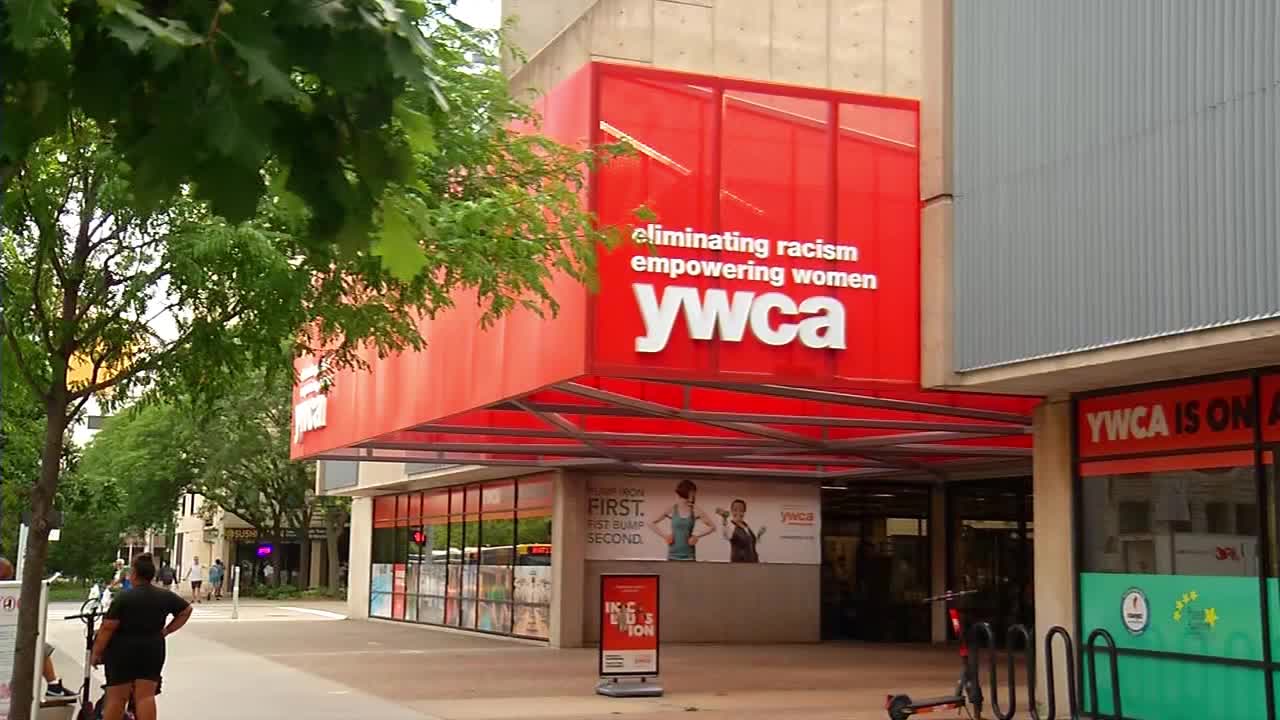YWCA to close locations in Uptown and Downtown Minneapolis

(KSTP-TV)
The YWCA, a non-profit that works to promote health, education and gender and racial equity in the Twin Cities, says it will close its locations in Uptown and Downtown Minneapolis this fall as part of an organizational restructuring.
The nonprofit announced the news Thursday, saying the fitness, gym and pool operations at the two locations will close Nov. 1, and the Otters and Masters swim programs are ending. That also means that 12 full-time and 73 part-time staff members in the fitness and maintenance departments are losing their jobs, officials say.
As part of the decision, YWCA Minneapolis says it will try to sell the buildings and find a different spot downtown or in the area for families currently in the Downtown Children’s Center.
Additionally, the nonprofit says it is “resetting program priorities” and shifting resources to higher-impact programming, including its early childhood education, girls and youth, and racial justice and public policy programs, and is “reimagining” its Midtown location as a community hub.
“Since its founding in 1891, YWCA Minneapolis has worked with the community to meet the needs of hundreds of thousands throughout the Twin Cities,” Shelley Carthen Watson, president and CEO of YWCA Minneapolis, said in a release announcing the changes. “These changes will provide crucial relief for the children and youth we serve as well as their families. Every moment is critical to their development, and we are committed to taking decisive action to support them through these challenging times and into the future.”
Officials in the organization say the move comes as disparities have worsened due to the COVID-19 pandemic, adding that the long-term consequences are becoming more apparent.
The nonprofit says it sees youth experiencing significant declines in educational outcomes, mental health and access to important resources, including teachers and mentors.
YWCA Minneapolis specifically cited stats saying only 31.5% of children were proficient or better in math last year and only 29.7% were proficient or better in reading; nearly 40% of students reported negative mental health impacts due to COVID-19; and 89% of Minnesota schools reported dealing with significant impacts due to teacher shortages in 2022.
The organization says its mission starts with children and youth, and it’s making the changes with that in mind.